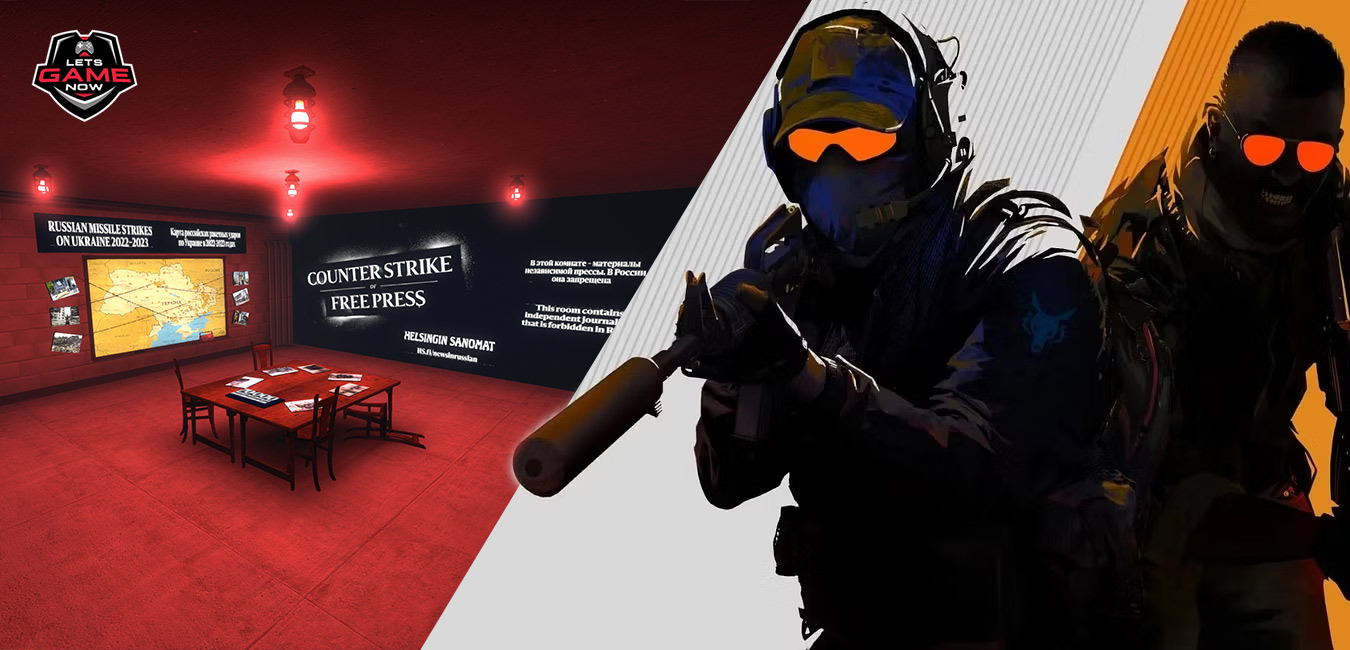


Moin Khot
Jun, 01.2023
In a recent development, Russia has stirred controversy by excluding Counter-Strike (CS:GO) from an upcoming esports tournament. The decision, made by the government, has raised questions about the boundaries between politics and gaming. While League of Legends and World of Tanks are being considered for inclusion, CS:GO has been deemed too politically biased to be part of the event.
The tournament, organized by Lesta Games, features various esports titles, including World of Tanks, World of Ships, and Tanks Blitz, alongside games from domestic and friendly developers. However, CS:GO, despite its substantial Russian player base, has been denied participation due to its perceived one-sided coverage of political events within the game's universe.
Interestingly, CS:GO lacks any explicit narrative or direct coverage of political events, making the justification for its exclusion somewhat ambiguous. One possible explanation lies in the actions of Finnish newspaper Helsingin Sanomat, which created a map within CS:GO depicting a war-torn eastern European city as part of World Press Freedom Day. The intention was to provide Russians with uncensored access to information about the conflict in Ukraine in their native language. Although this map was not created or endorsed by CS:GO's developers, its presence seemingly conflicts with the Russian government's stance.
This decision follows a trend in Russia where certain games have faced bans under laws targeting LGBT propaganda. Games like Apex Legends, Overwatch, and even the popular chess platform Chess.com have fallen under scrutiny. Curiously, VALORANT, a game featuring multiple LGBT characters, has not been singled out, suggesting a selective approach to enforcement. As VALORANT is also developed by Riot Games, owned by China's Tencent, it remains a potential contender for future all-Russian tournaments.
The exclusion of CS:GO from the esports tournament is part of a broader context within the Russian video game market. The sector has experienced an exodus of major Western companies since the onset of Russia's invasion of Ukraine. To stabilize the industry, the Russian government plans to invest over $20 billion in the creation of a "national game engine" as an alternative to Unity and Unreal Engine, as well as establish a "Russian Electronic Arts" for producing new games. Moreover, Russia aims to promote its video games within the BRICS countries and facilitate the entry of domestic game manufacturers into the Chinese market.
Looking ahead, the esports landscape in Russia is evolving rapidly. Kazan is scheduled to host the Games of the Future esports event next year, featuring 16 hybrid disciplines and a staggering total prize pool of $25 million. As Russia ventures further into the world of gaming, the interplay between politics, freedom of expression, and the esports industry will continue to shape its gaming landscape.